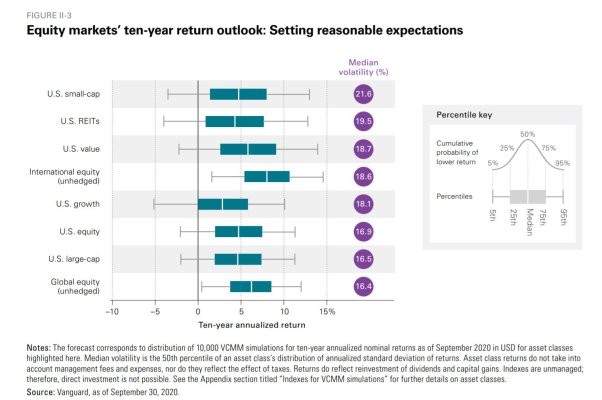pb4uski
Give me a museum and I'll fill it. (Picasso) Give me a forum ...
It all depends on what the money that you would otherwise be using because you are deferring benefits is earning and how long you live... see post #27... so the reality isn't that simple.
@pb4uski You mean longevity, correct? Is this what you mean by "how long you live"?
@Time2 Taking SS early applies to people, for example, who "don't need" SS. A high tax bracket individual in California hopefully doesn't need SS to have a successful portfolio to their life expectancy. Hopefully they are living below their means and not frittering away their resources. I am anti-Roth conversions for a similar reason as delaying Social Security. The Roth benefit is non-existent for many people, and negligible for many other people. Any benefit, if present, breaks even very late in life. Not worth the machinations. Juice not worth the squeeze.
Roth conversions are part the mainstream Kool-Aid passed around in plastic cups by financial advisors, custodian firms and financial news sites.
On the first part, yes, I'm refering to longevity... how long you live. If you go back to the second table in post #27 which looks at the differential cash flows of claiming SS at 62 vs 70 assuming a 2% annual COLA and 7% nominal investment rate, the IRRs become increasingly attractive from the early to mid-80s.... so IMHO, if one is in good health deferring is a smart play. I concede that we disagree on this but that's ok.
On the second part, we also disagree but it can be situational and it may be that Roth conversions are less advantageous in your situation. We've converted almost $1/2 million over the last 10 years and paid on average 9% in federal tax... much less than the 28% or more in federal tax that we saved when we deferred that income and also much less than the 22% that we would pay on RMDs if we didn't do those conversions... so for us it is a good thing. Also, the conversions will reduceur RMDs enough that some of our future RMDs will be at 12% rather than 22%. It seems that the real punch of Roth conversions is where one is trading 22% for 12%... but if you are trading 24% for 22% then there isn't anywhere near the benefit. But to make a blanket statement that for Roth conversions that the juice isn't worth the squeeze is untrue for many.
Last edited:




